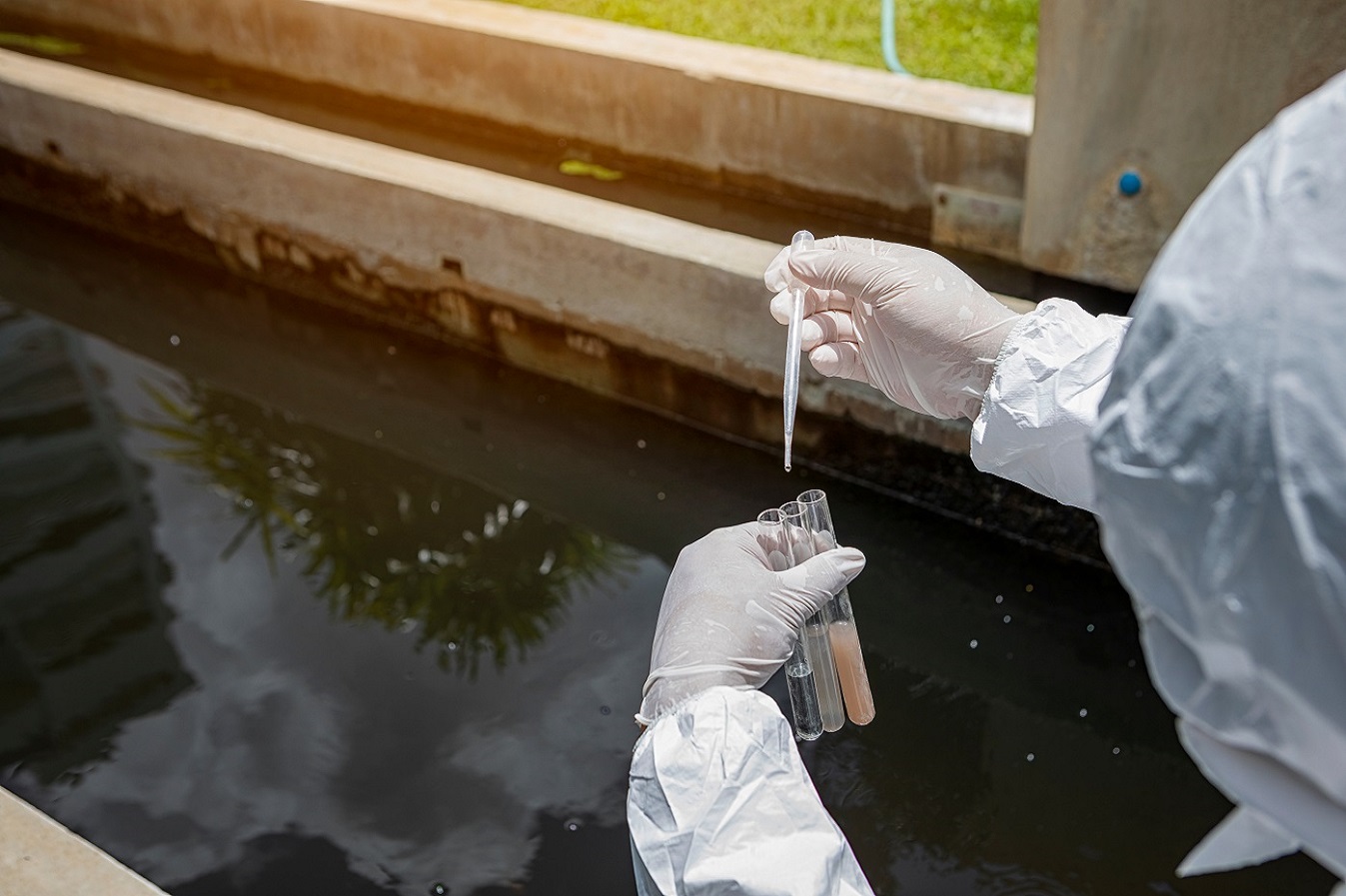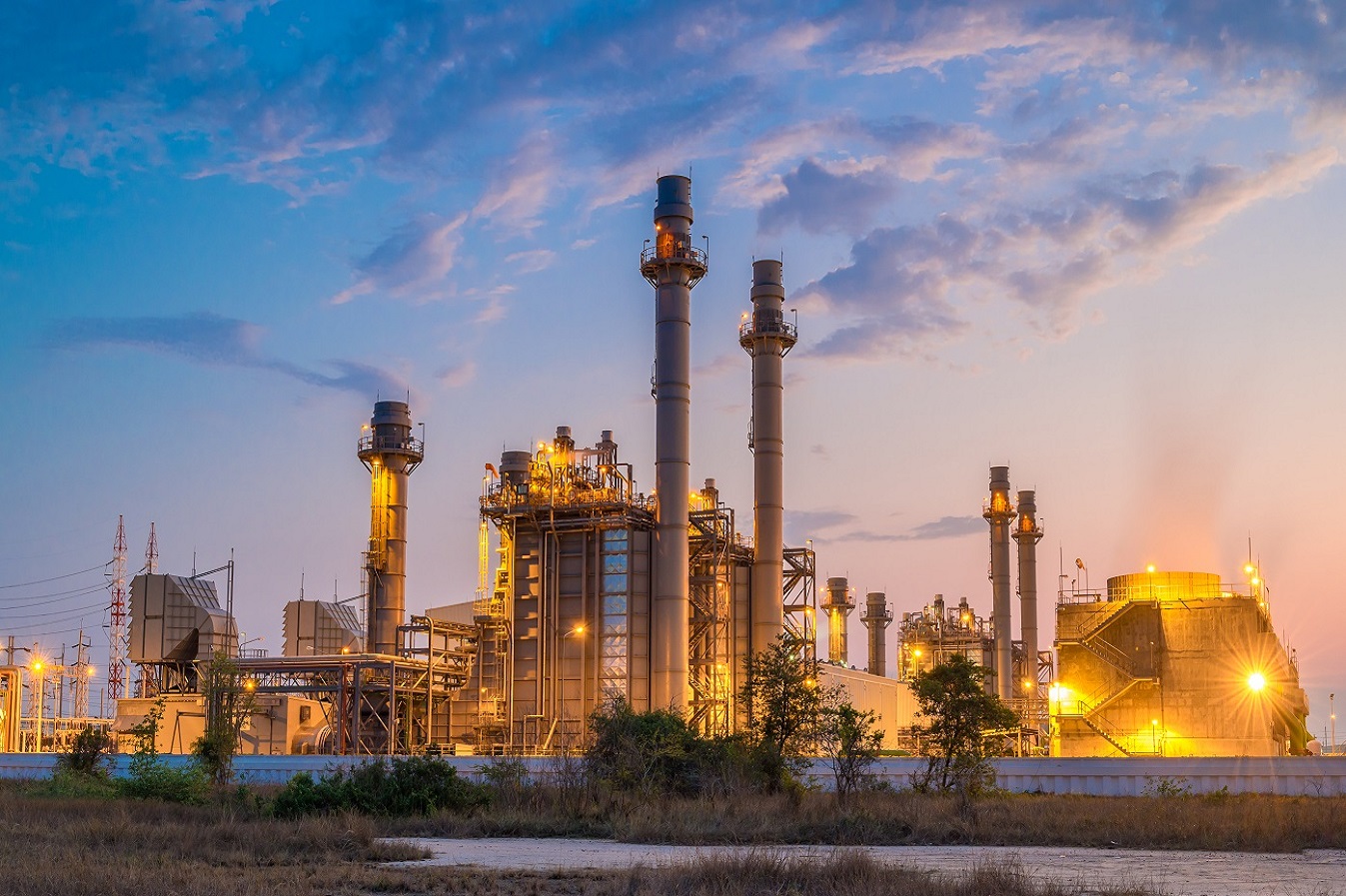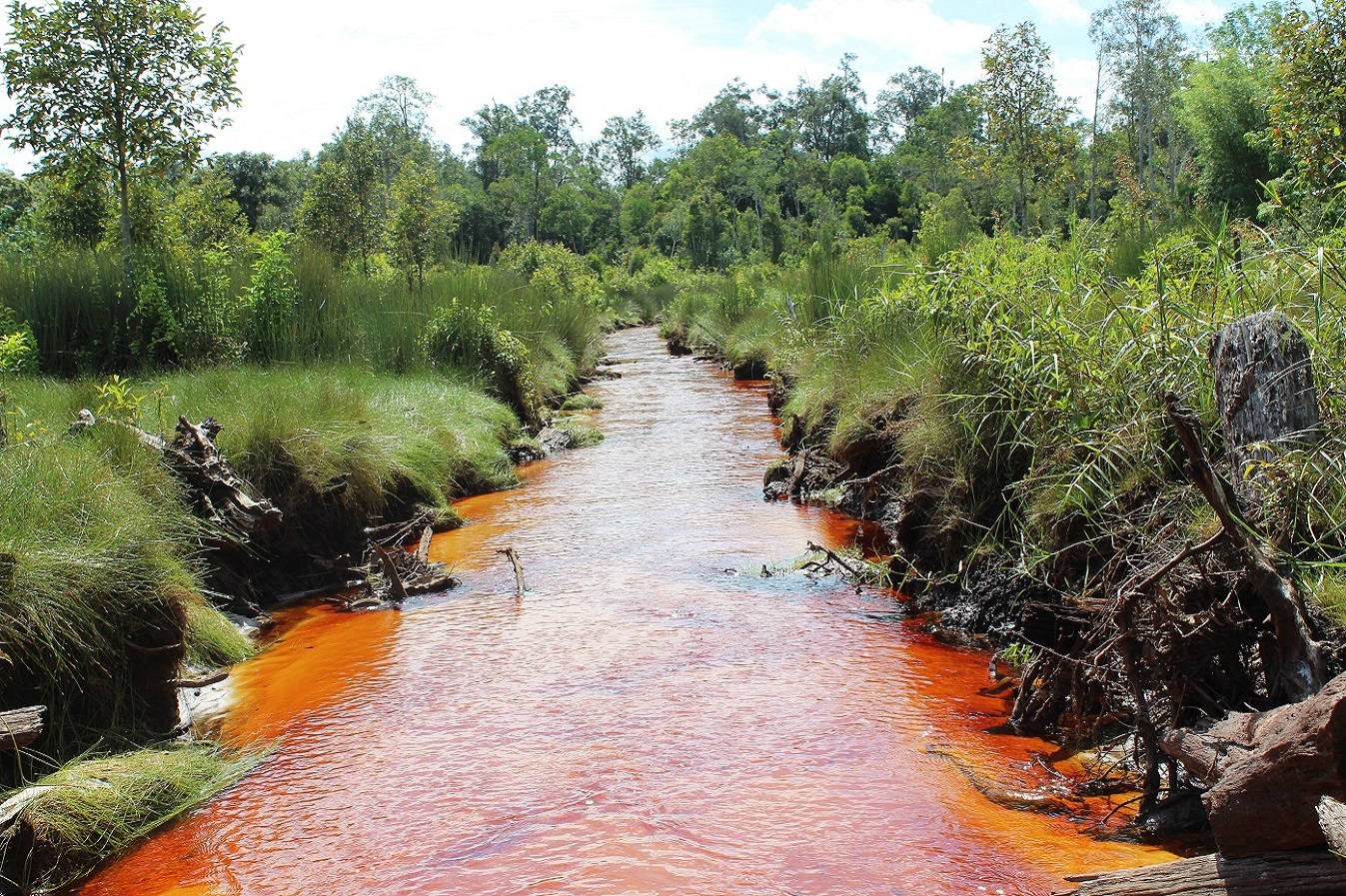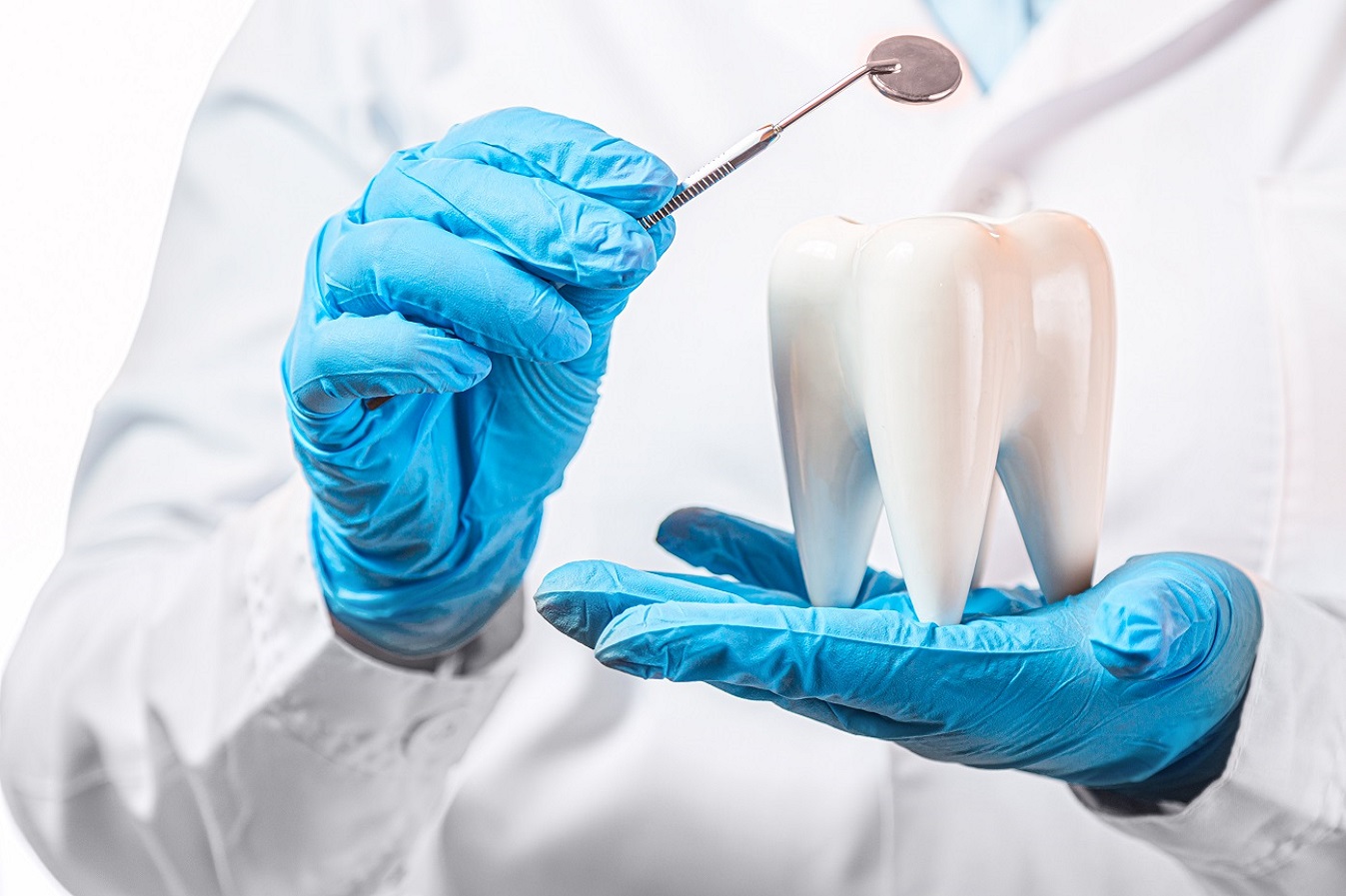Hospital wastewater treatment
TERMECA in the treatment of hospital wastewater can be very effective for killing all living organisms such as bacteria, viruses, fungi, and even bacterial spores. because One of the biggest concerns for hospital wastewater is the presence of pathogenic forms in the form of viruses, bacteria and intestinal parasites.

Hospital wastewater contains toxic and infectious substances and compounds that are harmful to the health of employees, the healthcare environment and the community, so the hospital wastewater treatment process is very sensitive and important.
One of the biggest concerns for hospital wastewater is the presence of pathogenic forms in the form of viruses, bacteria and intestinal parasites. These pathogens are easily transmitted everywhere through waterwaterther important point is the high drug resistance of some pathogens in hospital wastewater, which is considered a serious threat to the health of society. On the other hand, some pharmaceutical waste, including antibiotics and genotoxic drugs, enters the hospital's wastewater collection network through various parts of the hospital and pharmacies.
If we want to add chlorine or oxidizing agents to hospital wastewater to remove organic contamination, it will cause secondary hazards. For example, it causes these materials to react with halogen compounds and produce organic halogen compounds, which are very resistant and have low degradability.
TERMECA is far better than chlorine in the treatment of hospital wastewater because the disinfection effect of TERMECA is greater than that of chloroacetic acid, on the other hand, it reduces the smell of sewage and removes the degree of turbidity of wastewater and finally, after disinfection, it turns into water and carbon dioxide, as a result, the water that is used for industrial, agricultural and even washing purposes after purification is free of harmful effects despite chlorine.
One of the biggest concerns for hospital wastewater is the presence of pathogenic forms in the form of viruses, bacteria and intestinal parasites. These pathogens are easily transmitted everywhere through waterwaterther important point is the high drug resistance of some pathogens in hospital wastewater, which is considered a serious threat to the health of society. On the other hand, some pharmaceutical waste, including antibiotics and genotoxic drugs, enters the hospital's wastewater collection network through various parts of the hospital and pharmacies.
If we want to add chlorine or oxidizing agents to hospital wastewater to remove organic contamination, it will cause secondary hazards. For example, it causes these materials to react with halogen compounds and produce organic halogen compounds, which are very resistant and have low degradability.
TERMECA is far better than chlorine in the treatment of hospital wastewater because the disinfection effect of TERMECA is greater than that of chloroacetic acid, on the other hand, it reduces the smell of sewage and removes the degree of turbidity of wastewater and finally, after disinfection, it turns into water and carbon dioxide, as a result, the water that is used for industrial, agricultural and even washing purposes after purification is free of harmful effects despite chlorine.






















_1.jpg)